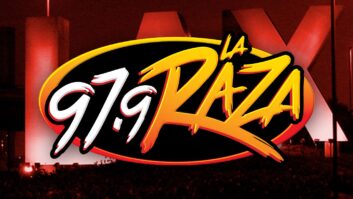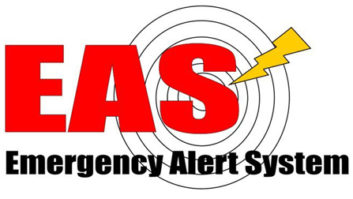An FCC workshop designed to promote wider use of the Emergency Alert System touched on the challenges and opportunities that abound in improving the usefulness of EAS — both for local groups and people with disabilities.
There is also the multilingual community to consider when it comes to improving EAS. The day before the August workshop, the Multicultural Media, Telecom and Internet Council submitted a letter to the FCC. MMTC lamented a lack of multilingual emergency communications during Hurricane Katrina. The group is pushing the commission to mandate that all radio and TV broadcasters provide multilingual alerts.
Almost unilaterally during the three-hour meeting, workshop panelists said that the myriad new technologies at our fingertips — texts, email, social media — have to be integrated into a cohesive nationwide alerting system.
“We have an opportunity to tie in and integrate [different] capabilities so you have a single platform enabled by the PSAPs (public-safety answering point), who are the first people you call,” said panelist Jay English, director of APCO International, a public safety communications firm. “We’re closer than ever to make that integrated approach a very real capability.”
The workshop also discussed problems with alerting people with disabilities via the current EAS.
“There are serious gaps in alerting,” said panelist Zainab Alkebsi, policy counsel for the National Association of the Deaf, who offered several examples where alert systems failed to alert deaf individuals who were in an emergency situation. “We can no longer rely on only those traditional options of radio and television,” she said, pointing to mediums like text, email and social media that have become de facto alternatives to receiving emergency information.
Tapping into those new mediums is a priority for the multilingual community, too. “Ten percent of our state has English as their second language … and that is expected to triple in volume over the next 10 years,” said panelist Lillian McDonald, executive director of ECHO Minnesota, an emergency readiness communication organization in Saint Paul. “A new system we would like to propose is [one where] smart technology and multilingual technology [can work together] to help get warnings out to those different language groups.”
Later this year, an FCC task force will offer recommendations on ways to further improve the reach of EAS for these groups.










